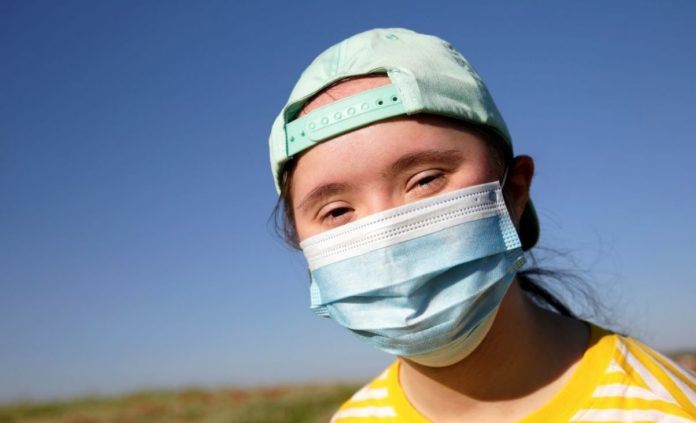A study shows that people with Down syndrome are a very heterogeneous group in the face of Coronavirus disease
Several studies have been published about people with Down syndrome and Covid-19, but are they entirely true? Ssome studies have found that people with this genetic disorder on chromosome 21 are genetically susceptible to coronavirus. Others point out that Covid-19 is 10 times more lethal in people with Down syndrome
- Scientists in Fear of This New Predator From Red Sea Eating Native Species in Mediterranean
- Does This Mean We Stopped Being Animal and Started Being Human Due to ‘Copy Paste’ Errors?
- The One Lifestyle Choice That Could Reduce Your Heart Disease Risk By More Than 22%
- Aging: This Is What Happens Inside Your Body Right After Exercise
- Immune-Boosting Drink that Mimics Fasting to Reduce Fat – Scientists ‘Were Surprised’ By New Findings
But today we are going to focus on a study conducted by Trisomy 21 Research Society (T21RS). In this case, it has reconnected people with Down syndrome to Covid-19. There are several hypotheses that are taken from the data provided by an international survey on the effect of coronavirus on people with Down syndrome.
To this end, information on living conditions, previous illnesses and disease development has been taken into account in more than 1,000 people with Down syndrome around the world. The main conclusion associated with this sector is that those over 40 are at greater risk from the effects of Covid-19. In people with Down syndrome, these problems are found from the age of 60.
That is, the risk factors associated between Covid-19 and Down syndrome are not linked to Trisomy 21, but to other conditions such as age, obesity, congenital diseases or diabetes.
Let’s dig further into the study
Taking the study as a reference, it appears to be inferred that people with Down syndrome under the age of 40 are not at risk. However, if they are under the age of 40 and have Down syndrome, they could be considered a risk factor in case they suffer from or have the risk of previous pathologies that are also attributed to the general population as a risk factor.
In this regard, the Trisomy 21 Research Society (T21RS) has already published international research on the effects of Covid-19 on people with Down syndrome. This study is the largest and most complete of its kind that has been done so far. In which more than 1000 cases of people with Down syndrome have been collected from around the world. The cases were reported by families and clinical professionals. In this way, all available information was collected on people’s living conditions, possible pre-existing diseases, and the course of the disease.
- Scientists in Fear of This New Predator From Red Sea Eating Native Species in Mediterranean
- Does This Mean We Stopped Being Animal and Started Being Human Due to ‘Copy Paste’ Errors?
- The One Lifestyle Choice That Could Reduce Your Heart Disease Risk By More Than 22%
- Aging: This Is What Happens Inside Your Body Right After Exercise
- Immune-Boosting Drink that Mimics Fasting to Reduce Fat – Scientists ‘Were Surprised’ By New Findings
The results of the study so far indicate that people with Down syndrome are a very heterogeneous group in the face of Covid-19 disease. The risk factors for the most serious outcomes (hospitalization and death) are similar to those of the general population.
